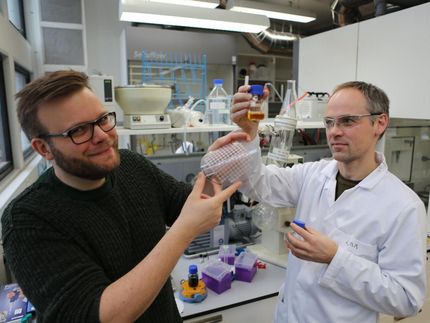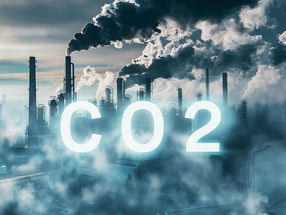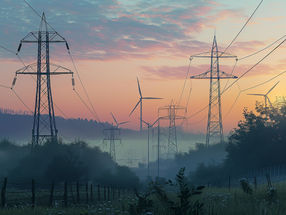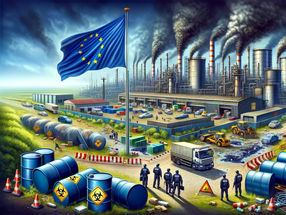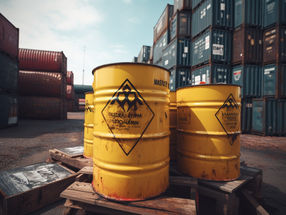Recommendations for coastal closure
oils or chemical products that have been washed up on to coasts and beaches not only cause pollution but may also pose a health risk.
Contamination with mineral oil products such as tar which are known as black lumps found on beaches has clearly decreased in recent decades. However, alluvial deposits of sticky substances or mushy puddles are seen more and more often. These are due to discharges of cargo residues from tankers or rinsing of cargo tanks. Especially large quantities can be released into the sea following disasters.
Some substances can be carcinogenic or dangerous for pregnant women, whereas others irritate the skin and the eyes, unless they are immediately removed by rinsing.
The recommendations were drawn up by the Joint Group of Experts on the Scientific Aspects of Marine Environmental Protection (GESAMP), which includes representatives from the International Maritime Organization (IMO), the United Nations Environment Programme (UNEP), the Fisheries and Aquaculture Department of the Food and Agriculture Organization of the United Nations (FAO) and the Federal Institute for Risk Assessment (BfR).
For this purpose, the health hazards of about 800 chemicals were assessed on the basis of scientific literature and manufacturers’ testing.
Documentation, often confidential, available to the International Maritime Organization regarding bulk liquids transported in chemical tankers was used. In addition to poisoning potential and acute toxicity the long-term adverse healthrisks of these substances including their carcinogenic and mutagenic characteristics as well as toxicity to reproduction (chronic toxicity) were taken into account. The current list includes the most important bulk liquids that are transported in chemical tankers and NLS (noxious liquid substance) tankers. The health risks of these substances are subdivided into four rating categories in order to enable appropriate measures:
Rating 0 – None
Rating 1 – Warning issued but no closure of amenities
Rating 2 – Warning issued and possible closure of amenities
Rating 3 – Warning issued leading to the closure of amenities
Organizations
Other news from the department politics & laws

Get the chemical industry in your inbox
By submitting this form you agree that LUMITOS AG will send you the newsletter(s) selected above by email. Your data will not be passed on to third parties. Your data will be stored and processed in accordance with our data protection regulations. LUMITOS may contact you by email for the purpose of advertising or market and opinion surveys. You can revoke your consent at any time without giving reasons to LUMITOS AG, Ernst-Augustin-Str. 2, 12489 Berlin, Germany or by e-mail at revoke@lumitos.com with effect for the future. In addition, each email contains a link to unsubscribe from the corresponding newsletter.

